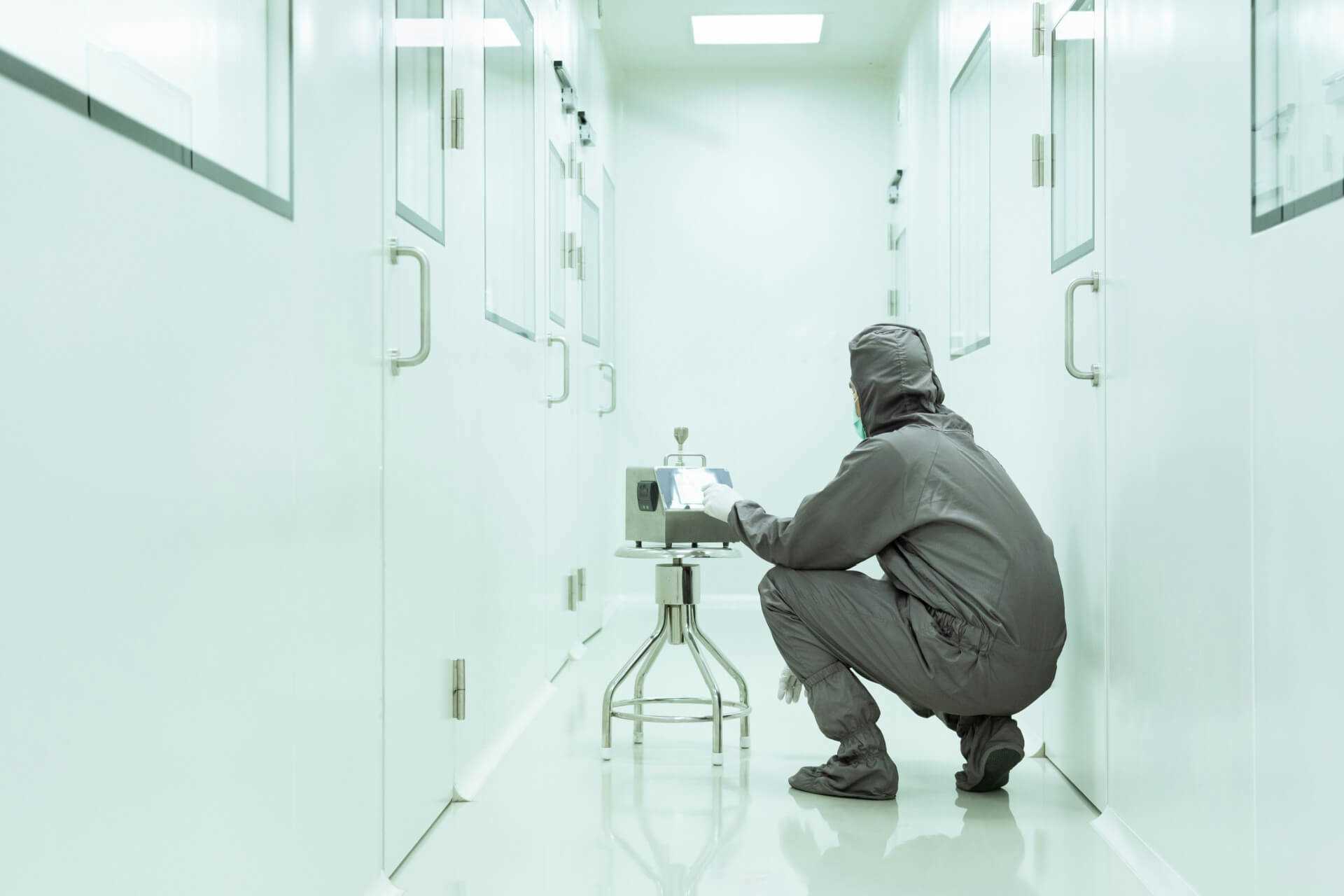
Risk Management
Risk management is a vital component of good manufacturing practice (GMP) compliance in the pharmaceutical industry. GMP regulations require pharmaceutical companies to implement a risk-based approach to the identification, evaluation, and control of risks associated with the manufacture of their products. The purpose of risk management in GMP compliance is to ensure that pharmaceutical products are safe, effective, and of high quality.
The first step in risk management is to identify the potential risks associated with the manufacture of pharmaceutical products. This includes identifying risks associated with the raw materials, manufacturing processes, equipment, facilities, and personnel involved in the production process. The identification of risks is typically done through a comprehensive risk assessment process that includes input from relevant stakeholders, such as production staff, quality control personnel, and regulatory authorities.
Once the potential risks have been identified, the next step is to evaluate and prioritize the risks based on their potential impact on product quality, safety, and efficacy. This involves assessing the likelihood of the risks occurring and the severity of their potential consequences. Risks that are deemed to have the highest potential impact should be given the highest priority for control and mitigation.
The third step in risk management is to implement appropriate controls and mitigation strategies to manage the identified risks. This may involve implementing process controls, such as monitoring and testing procedures, or modifying equipment or manufacturing processes to reduce the risk of product defects. It may also involve implementing personnel training programs to ensure that staff members are aware of potential risks and know how to manage them.
Finally, the effectiveness of the risk management program should be monitored and reviewed regularly. This involves evaluating the effectiveness of the implemented controls and mitigation strategies and making adjustments as necessary. The results of the risk management program should be documented and reported to relevant stakeholders, such as regulatory authorities and senior management.
Risk management is an essential component of GMP compliance in the pharmaceutical industry. By implementing a risk-based approach to the identification, evaluation, and control of risks, pharmaceutical companies can ensure that their products are safe, effective, and of high quality. The effective management of risks is critical for maintaining public trust and confidence in the pharmaceutical industry and ultimately for improving the quality of life for patients.
